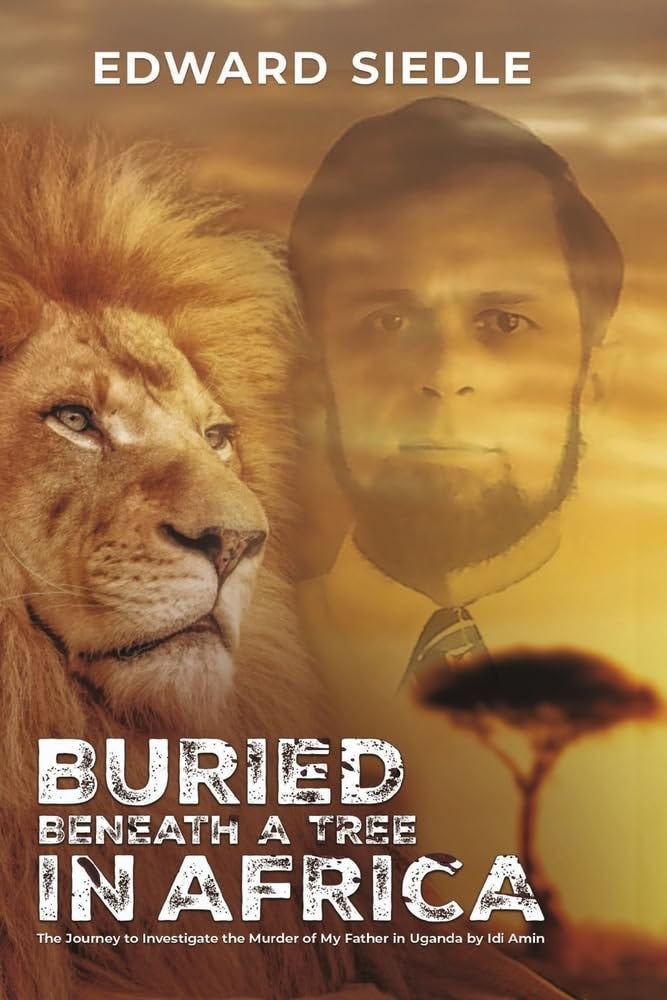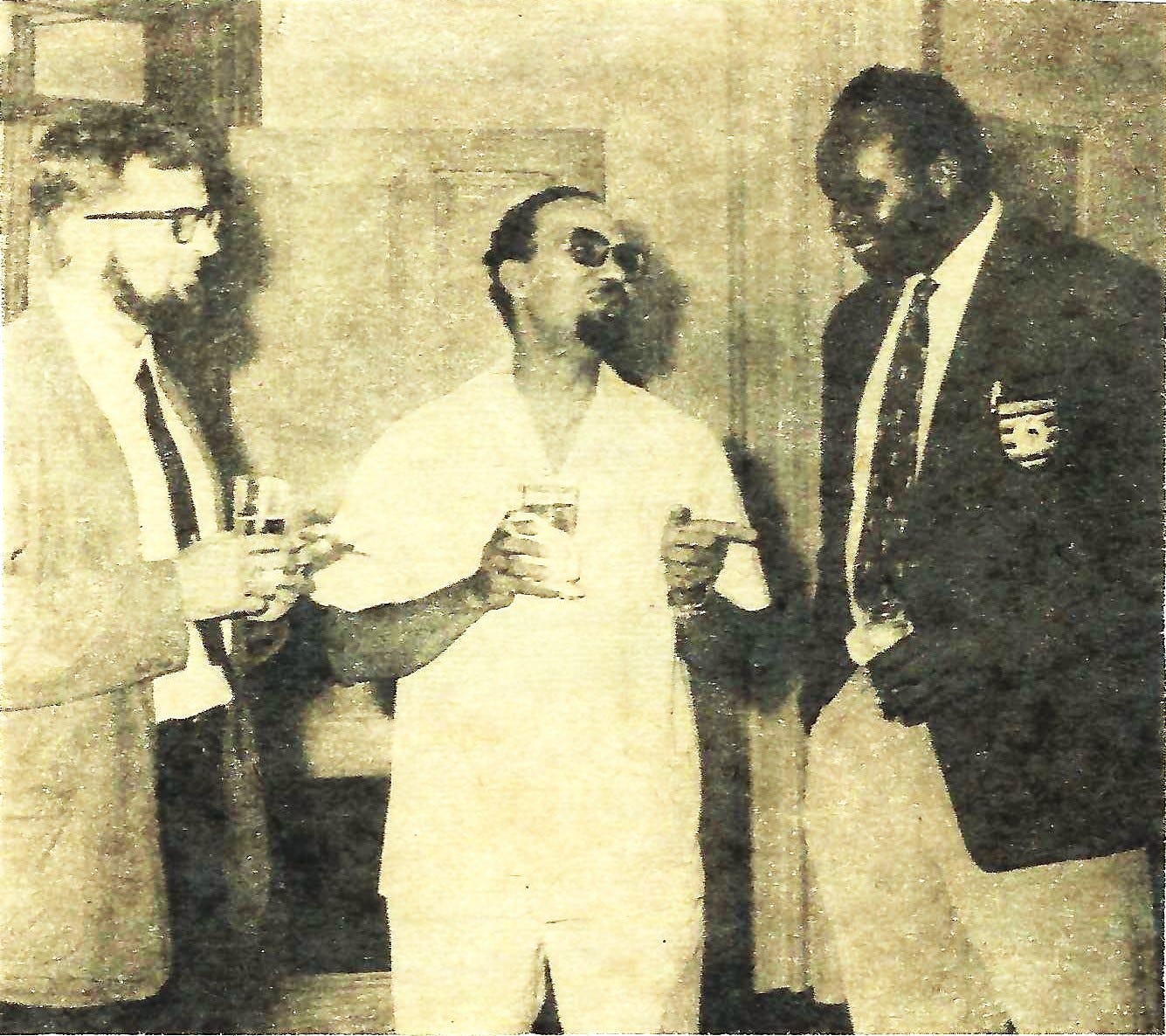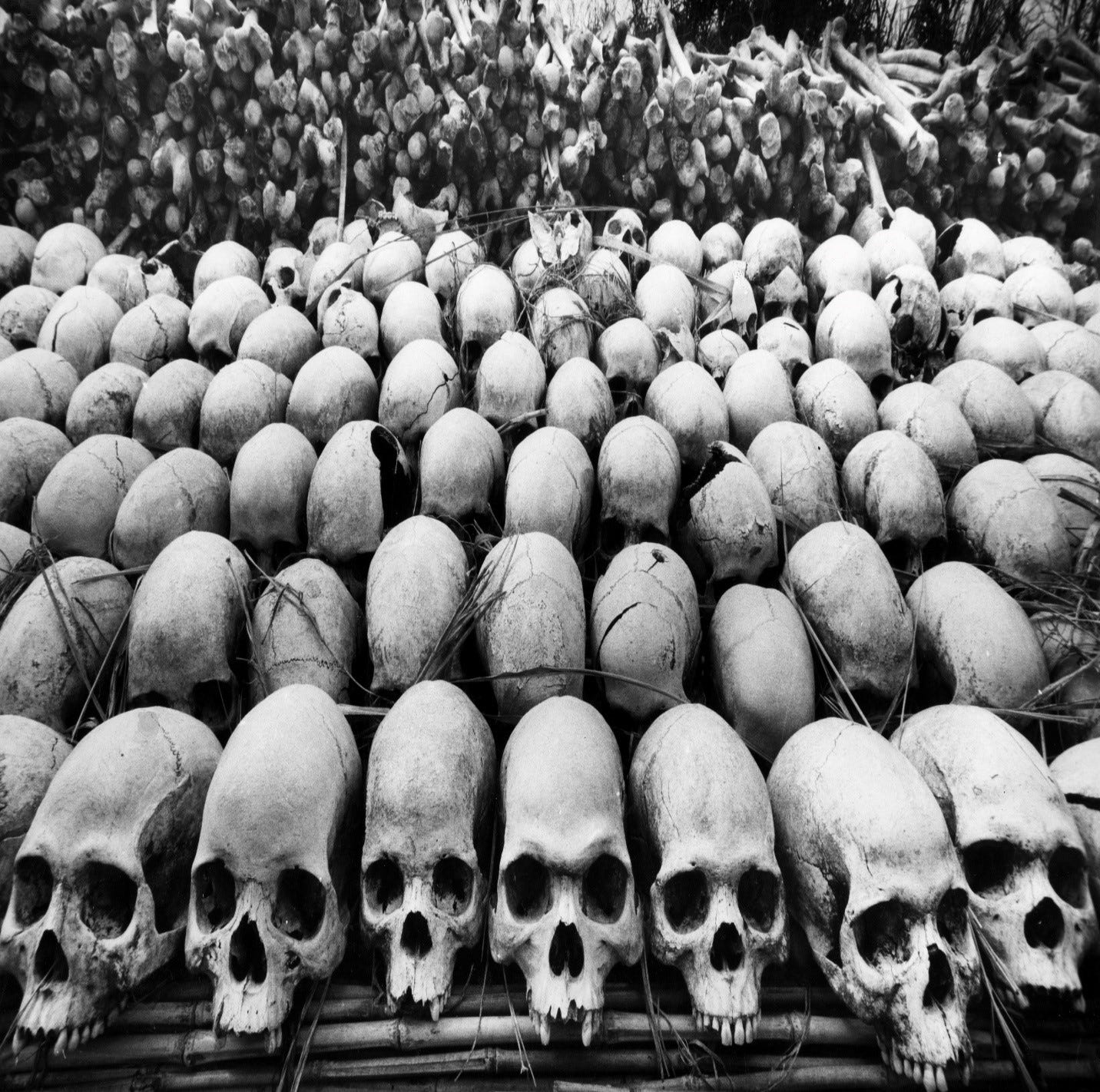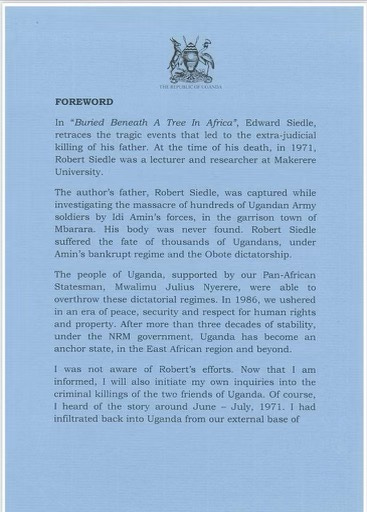Buried Beneath A Tree In Africa: The Journey to Investigate the Murder of My Father
The first forensic investigation of my lifetime began with the disappearance and murder of my father in Uganda by Idi Amin in 1971.

The book begins:
Knowing you can kill someone and walk away without consequences— morally blameless even—is very different from actually doing it. As I prepared to meet the man who either participated in the capture, torture and murder of my father, or at a minimum, covered-up the killing I wondered what would it cost to have him killed in his prison cell—maybe just a pack of Marlboro cigarettes?
In the Uganda, East Africa I had lived as a teenager, I learned anything could be accomplished for a small price. A single cigarette I offered to a “kondo” (thief or armed robber) at an impromptu tire-shredder roadblock in the bush late at night had once saved my life.
“What if he refuses to talk about what he did?” I asked. “Can we force him to tell me?” The soldiers escorting me through the prison shook their heads dutifully, “Sorry, sir, torture is now prohibited under international law and Article 24 of the Ugandan Constitution.” “That’s too bad,” I said, “Can’t we bring it back—just this once?” We all laughed nervously at my remark which was not entirely a joke
Days after my seventeenth birthday in 1971, I received a series of cryptic telegrams indicating my father, Robert Siedle and a companion, Nicholas Stroh had suddenly disappeared in a remote region of Uganda, East Africa. My father and Stroh, a freelance reporter and heir to the Stroh Brewery in Detroit, Michigan, were last seen badly beaten at a Ugandan Army barracks in the garrison town of Mbarara. They had been captured while investigating a brutal massacre of hundreds of soldiers by President Idi Amin. The disappearance of the two Americans, which was reported in Newsweek magazine within days, alerted the world that the friendly dictator so many governments―including the United States― had supported was a monster. In the years to come, Amin's regime would ultimately be responsible for the torture and murder of almost half a million people.

Amin claimed my father and Stroh were either “spies for the Jews (Israel)” or CIA operatives.
Twenty-six years later, now a renowned forensics expert, I returned to Uganda in 1997 to retrieve my father's bodily remains and solve the mystery surrounding his life and death.

Since my father was rumored to be involved with Israeli and American intelligence, thousands of previously classified CIA, U.S. Department of State and Ugandan Commission of Inquiry documents had to be reviewed in anticipation of the journey. Upon my return to Uganda, I interviewed victims, witnesses, and prisoners on Death Row to complete a son's obligation to his murdered father.
Buried Beneath a Tree In Africa is a book about the complex grief that arises when a father or loved one is brutally murdered and never found. The book is dedicated to young people, everywhere, who find themselves in impossible situations—not of their own making and beyond their control. Situations which so haunt them that they must return as adults to the horrific scenes of the crimes. As adults, they can finally do what they needed to care for themselves when they were children, but couldn’t. Also, it is offered to all who have lost a loved one, their bodies never found and whose deaths remain a mystery.
In a Foreword to the book written by Ugandan President Yoweri Museveni, the President has promised to open a new investigation into my father’s murder in the months to come. In short, the journey goes on…
As I conclude:
I have come to believe we all have important journeys we are destined to take—adventures that define who we are and what it means to be human. If you are called to such a journey, I encourage you to not resist but embrace the dreaded uncertainty. As much as you can, prepare for success but recognize that life’s most profound odysseys can never be carefully mapped out. So much of where your journey will lead will be unknown at the outset. But the remarkable feature of life-affirming journeys, I have found, is that you always encounter others who recognize the importance of what you’re doing and will want to help you—as if the universe wants you to succeed and comes to your aid. You may feel yourself uplifted then passed over countless heads, floating on a sea of helping hands.







